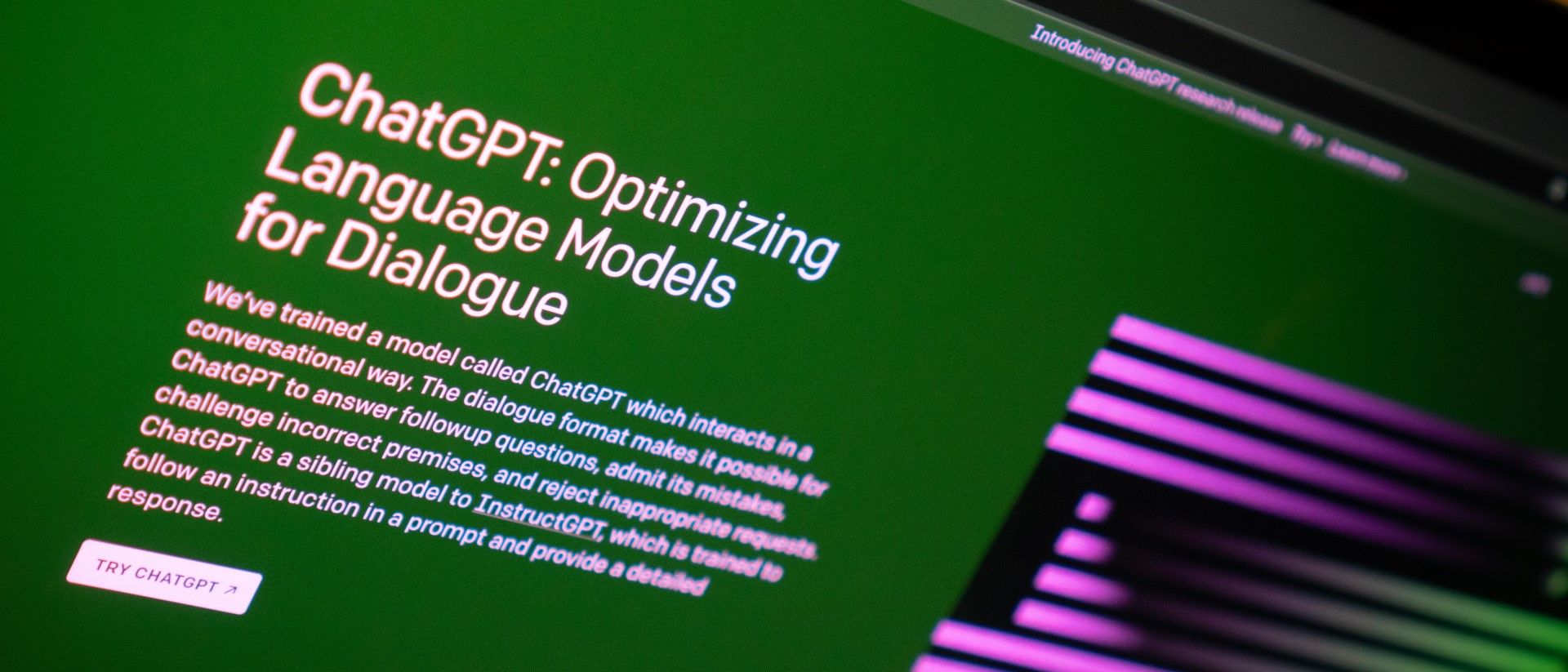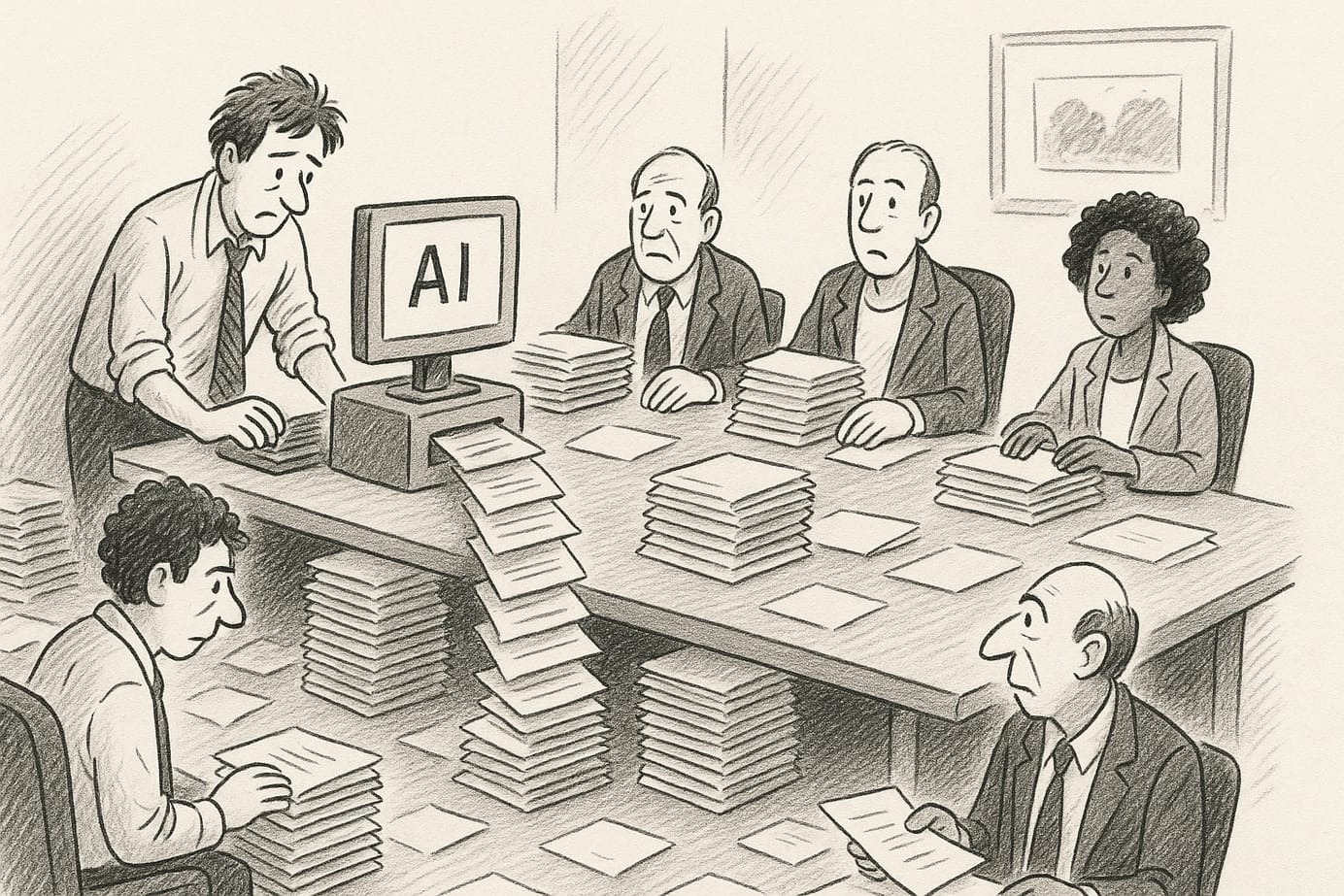
Where Data Democratisation Failed, AI Might Succeed
In this age of constant innovation, many of us will have experienced the rollout of new platforms or processes as part of our jobs. The pitch is usually something along the lines of "... and with this tool, you will now be able to do [insert task] faster and with less effort." Yet, particularly in the case of data and analytics, how often has this promised impact failed to materialise?
As the scale of digital transformation has increased in many organisations, the question of return on investment has become more pressing. For analytics, an approach that has long been advocated is that of data democratisation. In the simplest terms, this means making data widely available to stakeholders across the business. In theory, this improves adoption and helps quantify value.
Allowing people to use data relevant to their roles is sensible. Not only will stakeholders have the domain expertise to properly interpret the data (e.g. understand labels and definitions) but they will also be au fait with the most impactful use cases. Someone working in the supply chain team will know what problems are most pressing in that function and be able to understand the nuances of the data, providing feedback on the value created.
In practice, however, this approach has a number of flaws that often hamper a fully-fledged data democratisation approach. Primarily, just because someone is a domain expert does not automatically make them either interested in or proficient with data. While training and business change efforts can have some impact, doing this organisation-wide is slow, costly, and challenging.
Additionally, the approach of providing data and analytics tools to employees still leaves a gap when it comes to delivering impact. In most cases, unlocking significant value requires more than a dashboard to achieve. Although the citizen data scientist has become another popular concept, here success is even more than elusive data democratisation as statistics requires specialist skills.

Now, the rise of generative AI models such as LLMs and GANs – e.g. Bard and Dall-E – seem to be shifting this paradigm. Employees are able to realise significant value from their data through AI democratisation. This is attributable to these models' ease of use, domain-agnostic nature, and immediacy of output.
Nothing demonstrates this accessibility like the overnight success of OpenAI's ChatGPT-3. Nearly everyone is familiar with chat interfaces, which allowed people to quickly get to grips with the tool. Arguably, the most proficient and prolific users were those without any technical background. Instead, writers and artists applied their creativity to the nascent technique of prompt engineering. As a result, increasingly sophisticated use-cases have been widely shared.
The second factor is the models' versatility. From drafting business plans, composing poems, or impersonating dead politicians, their adaptability is simply astounding. This means that they can immediately be used in many different scenarios, without further training. Although on a separate note, customisation – or model finetuning – is indeed possible through API services.
Finally, there is the immediacy of the output. Not only does it reduce time-to-value, but their real-time nature encourages people to play with the output, trying different prompts and generally driving engagement. For example, when using ChatGPT for copywriting, often you can paste the output straight into your target document. A lot faster than data democratisation, certainly.
Over the past decade, there has been much discussion about the need to democratise data as a way of unlocking value in the business. Meanwhile, AI was the preserve of technical specialists such as data scientists and ML engineers. However, given the latest generation of AI models, it seems like the key to unlocking transformative value will be through AI democratisation, and not data democratisation as initially envisioned. Leaders of all stripes should take note.
– Ryan
Cover photo by Google DeepMind.
Q* - Qstar.ai Newsletter
Join the newsletter to receive the latest updates in your inbox.



